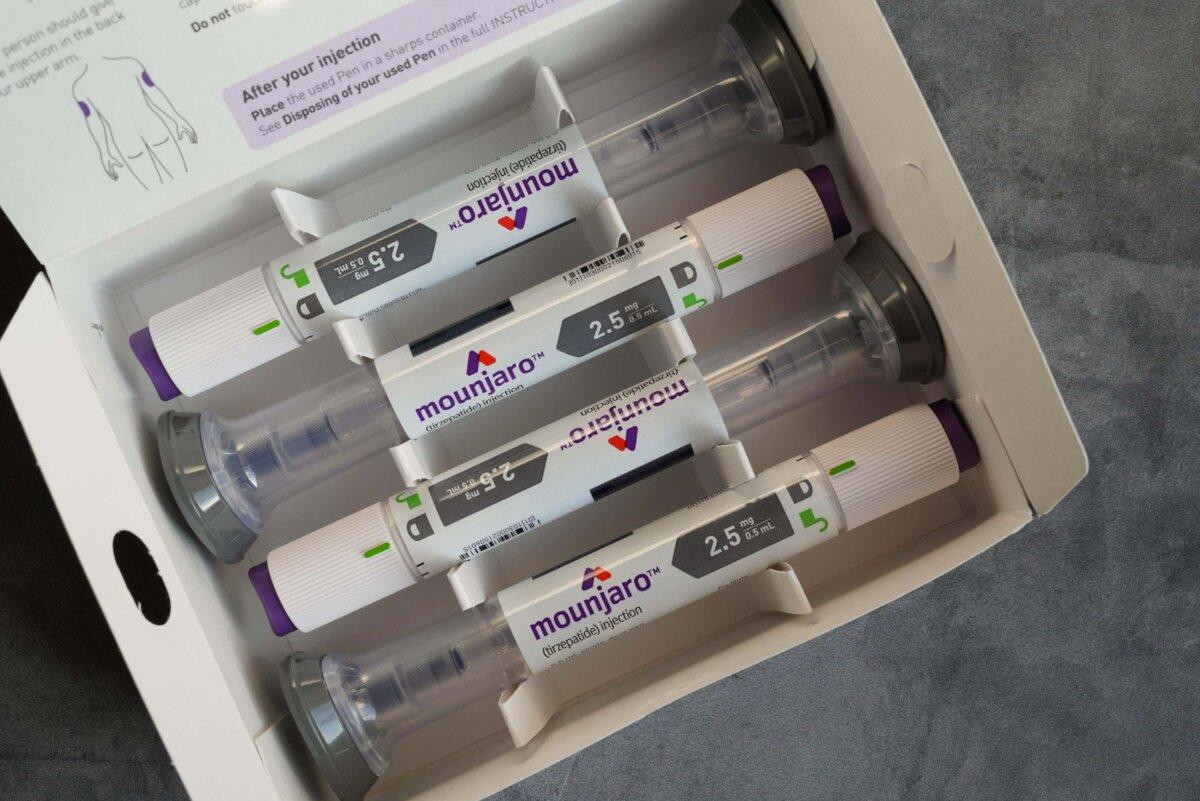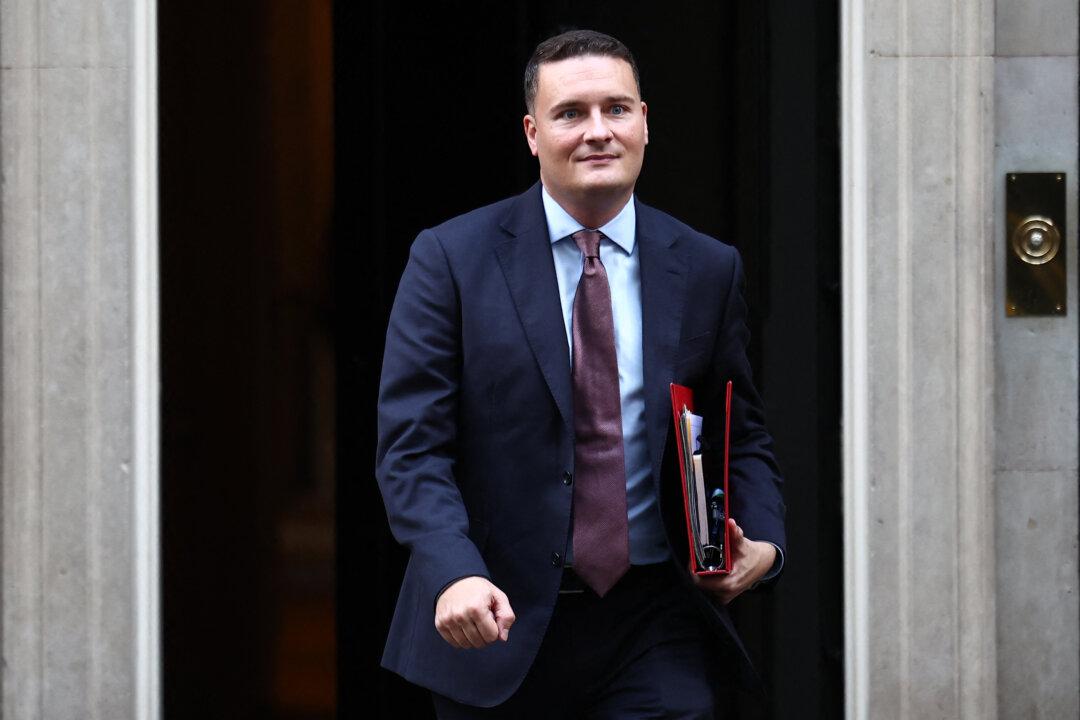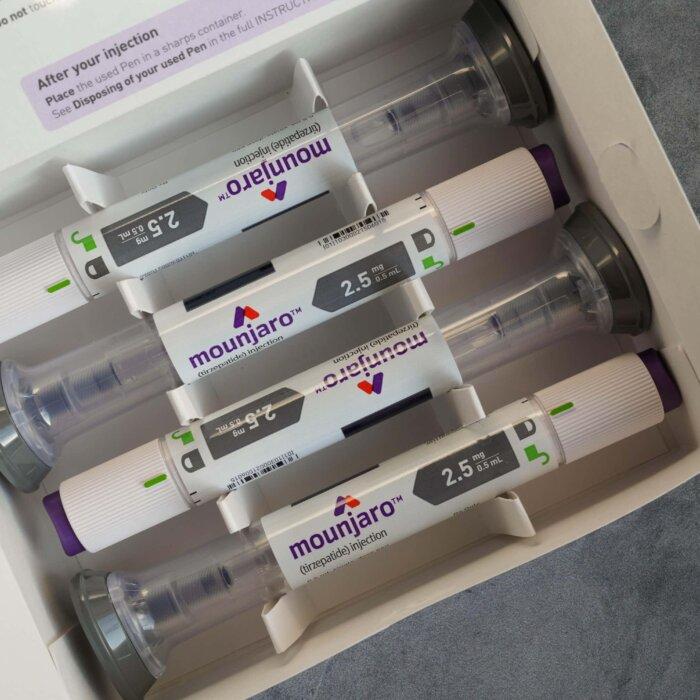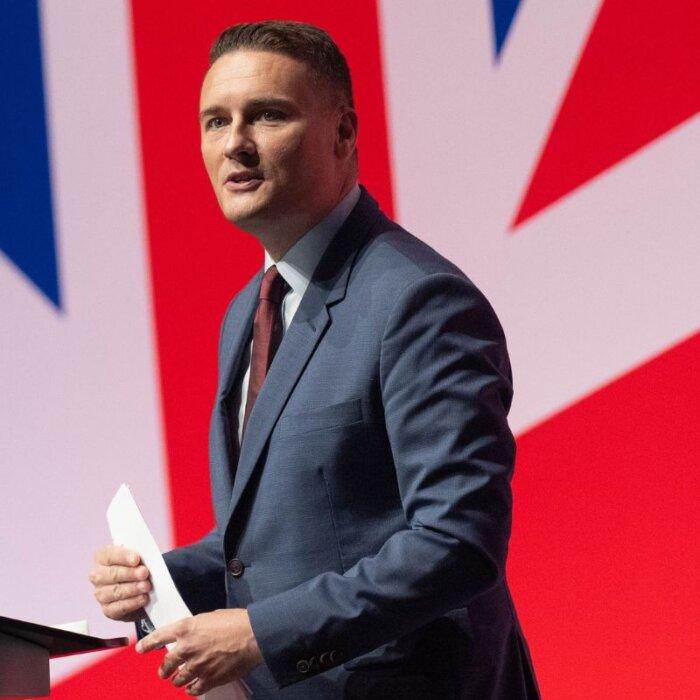Weight loss jabs such as Ozempic and Mounjaro could be given to unemployed people to help them get into the workplace and ease the cost of obesity to the NHS, the government has said.
The so-called “skinny jabs”—which are essentially repurposed diabetes medications—could be administered to people on the NHS in order to get them back to a healthy weight, both the prime minister and the health secretary confirmed on Tuesday.
The suggestion was made on the same day it announced a £279 million investment from Eli Lilly—the world’s largest pharmaceutical company—following an international investment summit.
‘Important for the Economy’
Prime Minister Sir Keir Starmer told “BBC Breakfast” on Tuesday, “I think these drugs could be very important for our economy and for health.”He added: “This drug will be very helpful to people who want to lose weight, need to lose weight, very important for the economy so people can get back into work.
“Very important for the NHS because, as I’ve said time and again, yes, we need more money for our NHS, but we’ve got to think differently.
“We’ve got to reduce the pressure on the NHS. So this will help in all of those areas.”
“Illness caused by obesity causes people to take an extra four sick days a year on average, while many others are forced out of work altogether.”
The plans announced at Monday’s investment summit include trials to examine the impact of weight loss jabs on worklessness, with Lilly carrying out a trial on Mounjaro, known generically as tirzepatide, in conjunction with Health Innovation Manchester.
The trial, planned to take place in Greater Manchester, will examine whether being put on the once-weekly, self-administered injections will reduce worklessness and the impact on NHS service use.

‘Life-Changing’
Streeting continued: “The reforms this Government will put in place will open the NHS up to work much more closely with life sciences, to develop new, more effective treatments, and put NHS patients at the front of the queue.“The long-term benefits of these drugs could be monumental in our approach to tackling obesity. For many people, these weight-loss jabs will be life-changing, help them get back to work, and ease the demands on our NHS.”
The research will also assess whether the drug has any impact on cutting sick days among employed people.
A previous trial of Mounjaro found that participants who also received support with their diet and exercise, lost an average of 21 percent of their body weight over a 36-week period.
NHS officials have suggested that the roll-out of the drug across England will need to be staggered owing to anticipated high levels of demand, with nearly 250,000 people expected to receive the Mounjaro jabs over the next three years.
The National Institute for Health and Care Excellence will publish its final guidance on Mounjaro and obesity later this year, having given the greenlight to the NHS to prescribe the drug to clinically obese people in June.
Mounjaro is a glucagon-like peptide-1 (GLP-1) agonist, a family of medications that help manage blood sugar and which were originally used to treat type 2 diabetes, when it was discovered that a side effect was significant weight loss.
The drugs balance the blood sugar that serves to suppress the appetite.
Other GLP-1 agonists include semaglutide, which is sold under the brand names Wegovy, Ozempic, and Rybelsus. Ozempic was first popularized on social media after a number of celebrities promoted the drugs and shared their weight-loss stories, although a raft of side-effects have also been reported with the drug, which is made by Danish company Novo Nordisk.

A huge surge in demand for weight-loss drugs has led to supply issues in the past year, and instances of “fake” skinny jabs being sold through platforms such as TikTok.
Musculoskeletal and mental health issues account for around half of all conditions reported by people who are long-term sick and economically inactive, and while there can be many other factors, both of these conditions can be linked with obesity.
Figures from the latest Health Survey for England show that in 2022, 64 percent of adults were deemed to be overweight or obese, with 29 percent reaching the threshold for obesity, as determined by body mass index.
According to the government, obesity costs the NHS an estimated £6.5 billion a year, and it is thought to be a leading cause of cancer.
‘Serious Consequences’
Streeting added in The Telegraph that people will need to remain responsible for taking “healthy living more seriously,“ as the “NHS can’t be expected to always pick up the tab for unhealthy lifestyles.”David A. Ricks, CEO of Eli Lilly and Company said in a statement: “We welcome this opportunity to partner with the UK government on tackling and preventing disease, and accelerating innovation to advance care delivery models. Today’s announcement is an important milestone, and we are pleased to reinforce Lilly’s commitment to improving health for people living with obesity and its serious consequences.”
Lilly, known for its blockbuster SSRI antidepressant Prozac, was the first company to mass-produce both the polio vaccine in the 1950s and insulin in the 1920s. It reported a revenue of £34.12 billion in 2024.
In 2009, Lilly pleaded guilty to illegally marketing the anti-psychotic Zyprexa, which is also sometimes used to treat chemotherapy side-effects, after playing down the drug’s side effects, which can include the development of diabetes.
Lilly agreed to pay a $1.415 billion penalty, including a criminal fine of $515 million, the biggest ever in a pharmaceutical case and the largest criminal fine for an individual corporation ever imposed in a U.S. criminal prosecution of any kind.







